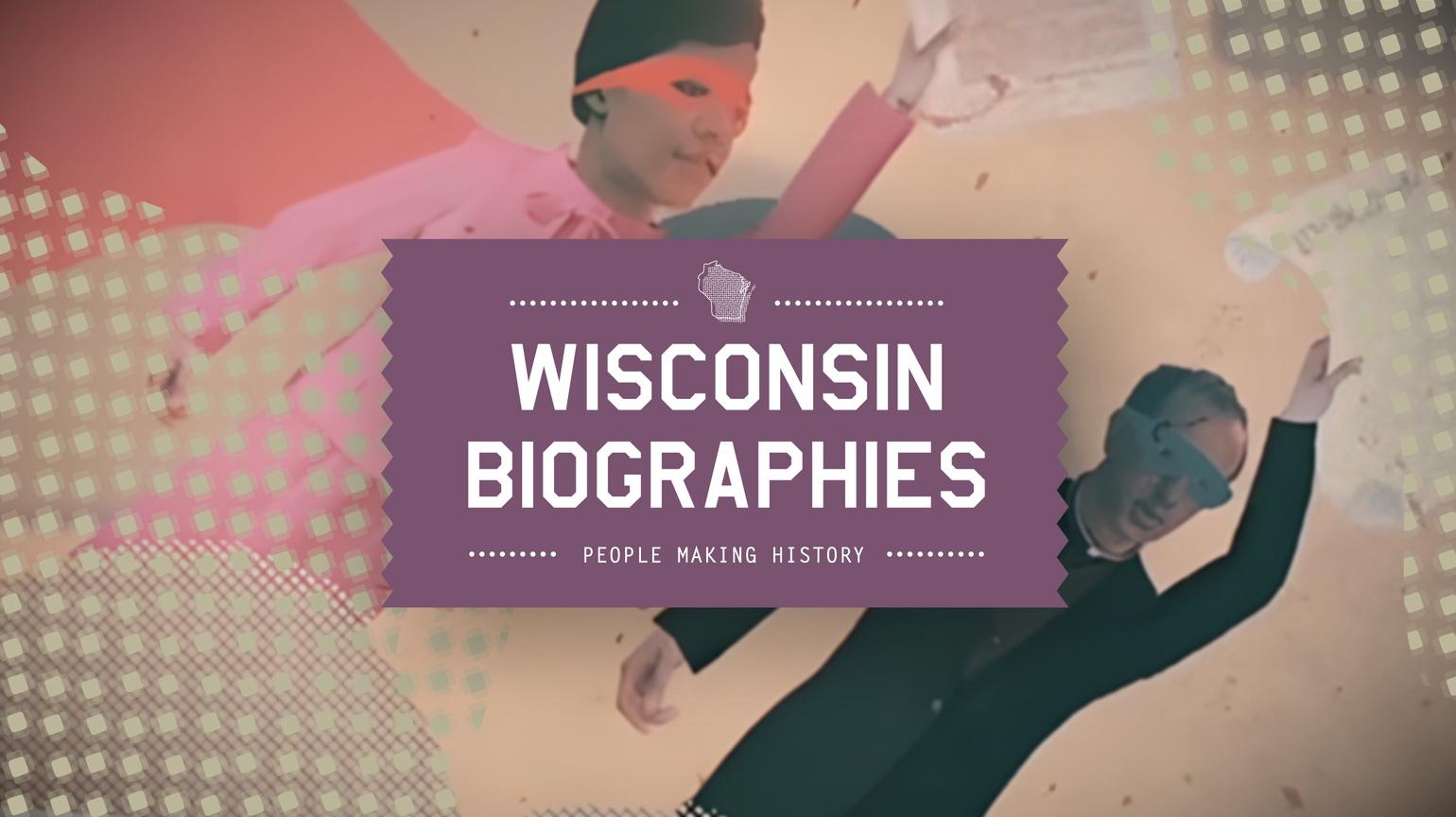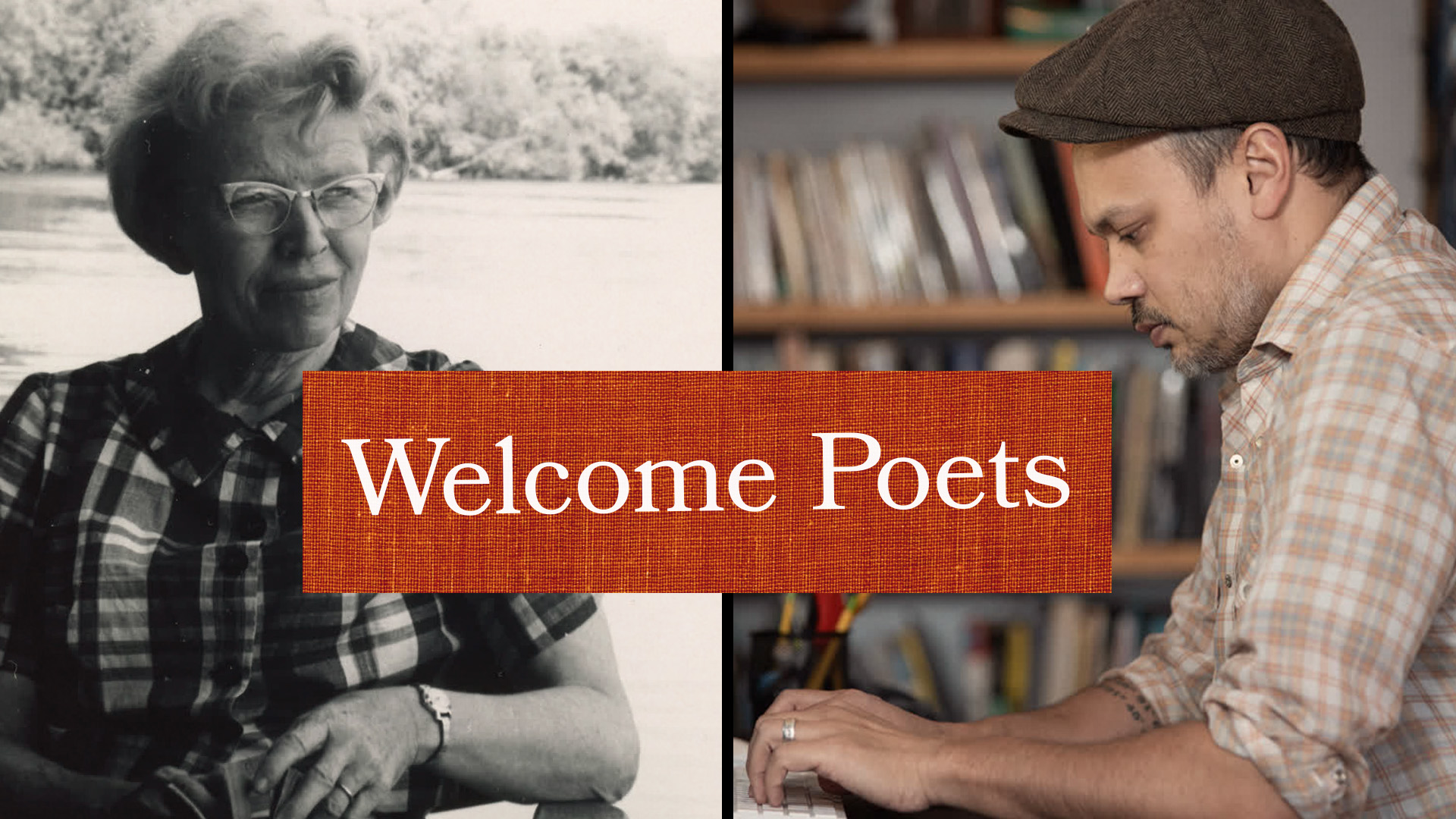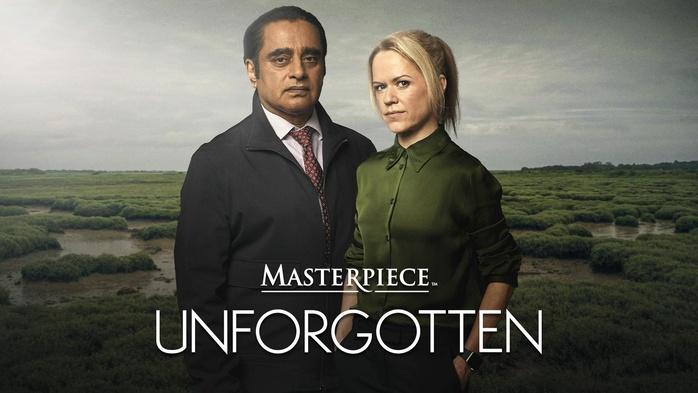Zac Schultz:
Republicans in control of the Legislature announced this week they have continued budget negotiations with Governor Tony Evers. But just as quickly, two Senate Republicans announced they had major concerns, leaving them short of a majority to pass the bill, possibly shutting down the whole process. We sat down with Assembly Speaker Robin Vos to talk about the sticking points in the budget talks. Mr. Speaker, thanks for your time.
Robin Vos:
Thanks Zac, appreciate having me on.
Zac Schultz:
So it looks like the budget negotiations are very fluid. Bring us up to date on where we stand between the Senate, the Assembly and the governor.
Robin Vos:
Yep. So weeks ago, we began talking with Governor Evers because our goal is to get a budget signed into law that has guaranteed tax relief for Wisconsin citizens. We negotiated in earnest. At some point, it felt like the governor really wasn’t being flexible enough for us. So we said, let’s just start the finance process and see where it goes. So we began to go through the process like we always do, with a goal of being done by July 1st. And then several weeks ago, we also decided, look, if there’s a way we can stay engaged with the governor. I’m not opposed to negotiating. I’d like to get something that we can all live with. So we began talking again with the Assembly and the Senate. I feel like we have a very broad, vague, general framework of where we could get to. So I’m optimistic that we could actually conclude by the end of July. Now it’s just up to all three parts to continue negotiating. And it sounds like as of today, my Senate colleagues don’t want to do that, which I think is a real shame, because if Governor Evers vetoes the budget, no property tax relief, no funding for schools, and no one wins. So that is not our goal. It’s to find something that we could all live with. And I guess I’m still an optimist that we can do that, but only time will tell.
Zac Schultz:
Obviously, the math in the Senate is they can only lose one vote as a Republican majority before they need to rely on Democrats.
Robin Vos:
Sure.
Zac Schultz:
Is there any point at which you would ask the governor to put pressure on the Democrats in the Senate, or try and include some of those Democrats to see if you can secure a vote that way?
Robin Vos:
Well one of the things I learned a long time ago is I love the Assembly, right? That is where I get to work. If I predicted what was going to happen in the state Senate, I would have even less hair than I do right now, right? So I have no idea what they’re going to do over there. Here, I feel very confident that we have almost all, if not all, Assembly Republicans in general agreement with our framework. Again, the budget’s got to work its way through. There are still details left to work out but the idea that we’re going to make investments in special education, that’s something that we support. The idea that we’re going to invest in childcare, we agree with that, too. That we’re going to have significant tax relief, hopefully focusing on retirees and the middle class, that’s a winner. So I think you check a lot of boxes that get Republicans to want to be a yes. Now we just have to get a bill to the governor so we can actually be done with our part of the process.
Zac Schultz:
In December, you said that you would have liked to see the tax cuts passed before the budget.
Robin Vos:
Yeah.
Zac Schultz:
You went into negotiations. Are what we seeing passed out of joint finance similar to what the governor has agreed to do? Did you kind of get his answer on where he was willing to go and that’s what’s before?
Robin Vos:
I mean I don’t want to speak for the governor, but I do feel like we’re trying not to do things that would draw a veto. That is not our goal. We want to do things that I think he hopefully could sign. Look, there are things that in a compromise I’m going to not love, but the whole is better than the parts that I dislike. And I’m sure he would probably say the same thing. There are parts that he wished were different, but I hope in the end he’ll be able to look at it and say, in total it’s a better deal than doing nothing.
Zac Schultz:
When it comes to public education, obviously the governor’s veto from the last budget created the parameters where school districts have the ability to raise funds on a per pupil basis that’s not funded under the Republican budget. Is this kind of a standoff of who will take the blame in the public’s eyes for rising property taxes if the state doesn’t fund it?
Robin Vos:
Well, it’s really — there’s no argument. Governor Evers issued a veto for a 400-year property tax increase. He did it. He has to own it. I mean, literally, it was his own decision. Of course, it was ratified by his liberal allies in the state Supreme Court. Of course, they’re going to rubberstamp whatever he does. So, I mean, that’s not a surprise what actually occurred, but where we’re focused is to say, “Ok, that’s decided. We’re not going to change Governor Evers’ mind. He’s not going to all of a sudden say, “We shouldn’t raise property taxes.” He already accepted that we will forever. So we’re focused on where we can actually find that agreement. I don’t want property taxes to go up. If it were up to me, it would have been a different result. But I didn’t vote a liberal majority and I didn’t vote for Governor Evers so I kind of have to accept the reality of where we are.
Zac Schultz:
In negotiations has Governor Evers asked you to fund that per pupil increase, or is he rather see some of the whatever money is available to go into other pots?
Robin Vos:
Again, I don’t want to speak for Governor Evers, but our negotiations have been mostly focused around the cost of special education. One of the things that Assembly Republicans brought to the table is a proposal which would say for kids who cost over $30,000, for high cost, special ed kids, the state’s going to pay 90% of that. That’s what really is bankrupting or hurting an awful lot of school districts. You get one or two kids in a small district that have intense special needs, and they don’t have the ability to fund it, so they have to cut other programs to put a package together to satisfy that child. So we want to — we think that’s a great way to do it. Governor Evers wanted more money in special ed. We always agreed with that. It’s just discussing how much we’re able to afford as a state. We need to have — we have a lot of priorities. Schools are an important one. But look, I care about how much we spend on health care. I care about how much we spend on raises for public employees. I care about how much we’re going to spend on child care. There’s a lot of things that we have to balance out, all while keeping in mind that we’re overtaxing the citizens of Wisconsin. We got to give some of that back.
Zac Schultz:
The most recent news on the UW system funding is a $87 million cut, potentially. If that stands, would you expect to see tuition to increase? Would that lead to closures at some of the two-year schools?
Robin Vos:
Well, first of all, our goal is not just to slash the university, just to slash the university. That does no one any good. We have tried to say for a long time that there have to be reforms into how they operate. I mean, here’s one statistic that I hope everybody thinks about that I just read a study this week that shows from the year 2025 today through 2029, just four years from now, we’re going to have 15% fewer Wisconsin graduates going to college. Now, that’s not because the university is not accessible. It’s because people are having fewer kids and there are lower numbers of high school graduates. So if you had one out of seven fewer customers, the store couldn’t operate the same way. It would go bankrupt. Well, it’s the same for the university system. If we don’t figure a different way to operate. It’s not just dumping more money in there. It’s saying, “Wow, we have a lot less kids going to college. How are we going to make sure that system is nimble, that we do it in a way that actually makes people want to go there and it’s not this woke mumbo jumbo that people hate.” So we’ve asked for some simple reforms. We need faculty members to teach more. We need to make sure that if you take a class at Whitewater, it transfers to Superior without a lot of bureaucracy in the middle. We’re not trying to do things that are radical, but we’re trying to do things that will make it easier for families to get out of school quicker and hopefully do it in a way that’s more meaningful to them and their family.
Zac Schultz:
There’s quite a few high-profile issues we’ve discussed. Give me one thing that the Republicans have put in the budget that’s under the radar that you think deserves more attention.
Robin Vos:
Hmm, boy, I feel like we’re focusing on so many areas that people care about. I mean, one thing that I want to focus on is this retiree tax cut. Look, we all have moms and dads. We all have people who we love that made a decision once they retire to go somewhere warmer, right? I can’t fault people for the weather. I mean, even though I like the winter here, but a lot of people don’t. But they choose to live six months and a day somewhere else, so they pay their taxes there. Well, in Florida, Tennessee, Texas, a lot of times you can live cheaper and have no taxes, so they choose to domicile somewhere else. Well, that means their charitable donations, their volunteer hours, seeing their grandkids all goes away. So we have a proposal that would say that the first $35,000 of retirement income tax exempt. That means for the average couple, two teachers, two firefighters, a teacher and a firefighter, they’d save about 1500 bucks a year. I think that’s something that would seriously make a dent in family budgets to be able to help them as opposed to, you know, doing something that only saves them a couple bucks, which probably doesn’t do very much. So I think that’s not gotten anywhere near as much coverage as I hope it would. And hopefully that’ll be something that can be signed into law.
Zac Schultz:
Speaker Vos, thanks for your time.
Robin Vos:
Thanks Zac, appreciate your time.
Search Episodes

Donate to sign up. Activate and sign in to Passport. It's that easy to help PBS Wisconsin serve your community through media that educates, inspires, and entertains.
Make your membership gift today
Only for new users: Activate Passport using your code or email address
Already a member?
Look up my account
Need some help? Go to FAQ or visit PBS Passport Help
Need help accessing PBS Wisconsin anywhere?

Online Access | Platform & Device Access | Cable or Satellite Access | Over-The-Air Access
Visit Access Guide
Need help accessing PBS Wisconsin anywhere?

Visit Our
Live TV Access Guide
Online AccessPlatform & Device Access
Cable or Satellite Access
Over-The-Air Access
Visit Access Guide
 Passport
Passport






Follow Us